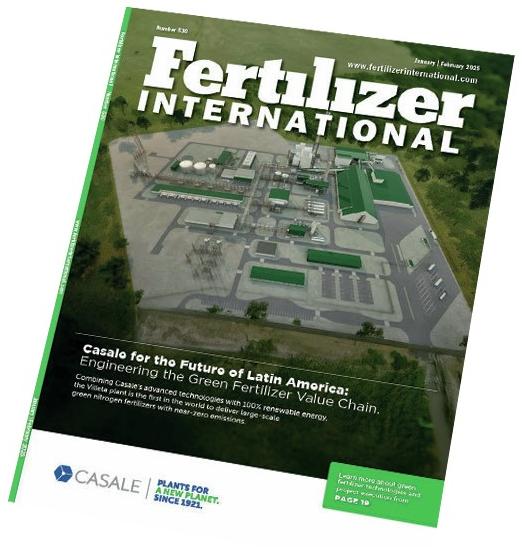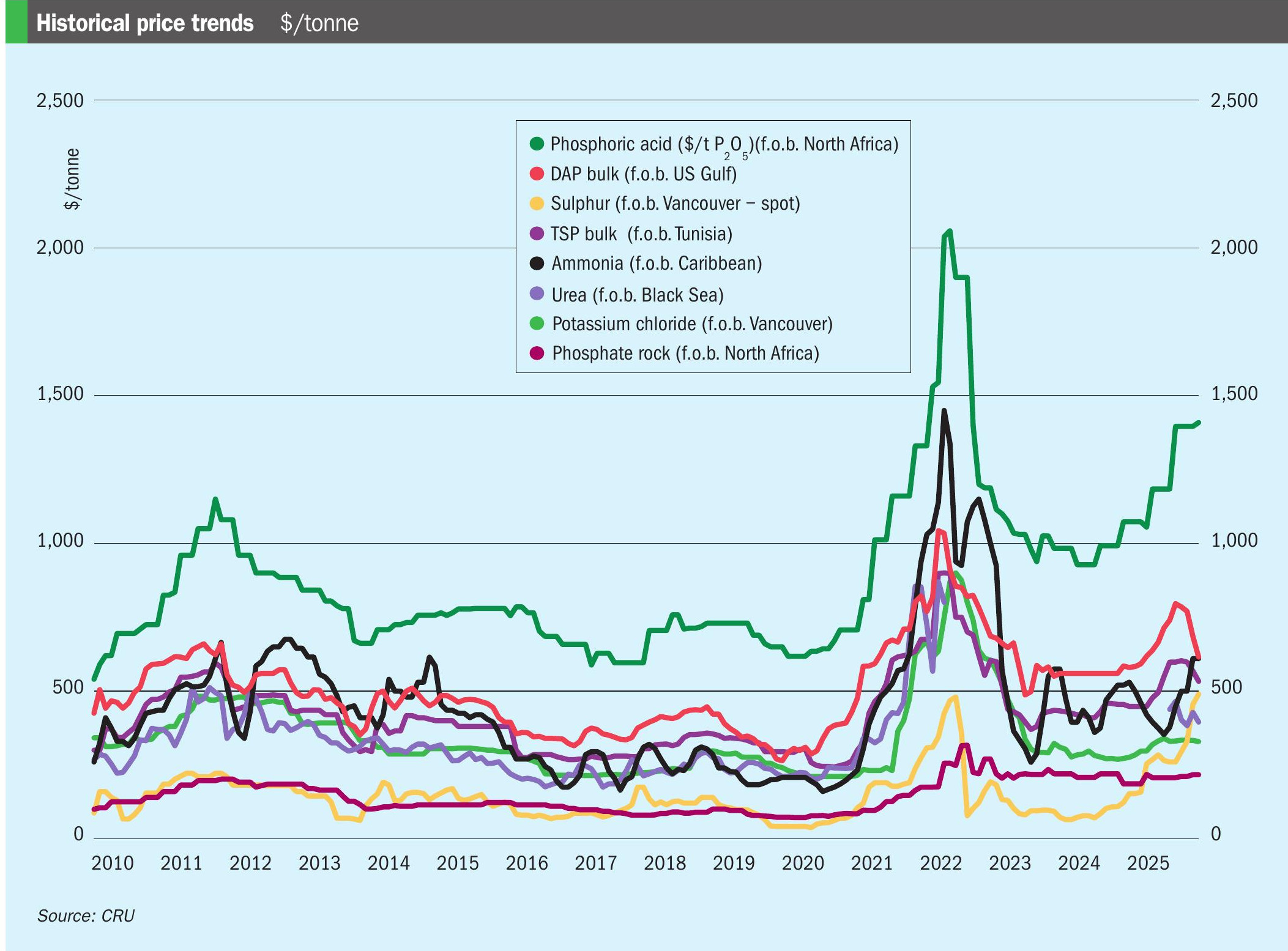Sulphur 418 May-Jun 2025

3 May 2025
Samsung ends contract with PEMEX
Samsung E&A has announced the termination of its $1.6 billion contract with the Mexican state-owned oil company PEMEX for a sulphur recovery facility project. Samsung says that the contract, originally signed nearly a decade ago, has faced significant delays and suspensions due to budget cuts imposed by the client. It concerns a hydrodesulphurisation (HDS) facility aimed at removing sulphur components from diesel fuel at the Salamanca refinery in Guanajuato state, central Mexico. In a statement, Samsung E&A confirmed that they have reached an amicable agreement regarding the contract termination, stating, “We have been fully compensated for the expenses incurred during the project suspension, and since this project was not included in our sales or operating profit forecasts for this year, there will be no financial loss due to the contract termination.”






